Guavas are native to South America and southern Mexico, and are members of the myrtle family, growing on small bronze-colored trees now cultivated in many tropical and subtropical regions worldwide. Soft, sweet and fragrant when ripe, guavas are small and come in a round or oval shape, with colors varying from yellow to pink to dark red, depending on the variety.
Each fruit contains a large number of tiny, edible seeds at the center. These seeds can be used to sprout your own guava plant at home, although it may not produce fruits when grown this way. You can also propagate this plant through grafting or air layering. Guava plants grow well in rich soil with good drainage and ample sunlight. They’re sensitive to cold temperature and will lose their leaves in winter.
Guavas are very good when simply sliced for snacking or added to salads. In other areas of the world, guava is popular as a thick, rich paste made into cheese. Remember to consume guavas in moderation, though, because they contain fructose, which may be harmful to your health in excessive amounts.
Health Benefits of Guava
Guavas are an excellent source of fiber, which may help regulate your digestion and protect your colon against cancer-causing toxins and chemical buildup by binding to the toxins and helping move them out of your body. Guavas are also rich in vitamin C, which may help increase your resistance to infections while scavenging free radicals that could cause serious illnesses.
This fruit is a good source of vitamin A, an essential nutrient for maintaining healthy mucous membranes and skin, as well as folate, a vitamin that’s particularly important for pregnant women, as it may help lower the risk for neural tube defects in babies.
Guavas are rich in potassium, which plays a role in maintaining normal heart rate and blood pressure. Some of the other notable vitamins and minerals present in guava include pantothenic acid, niacin, vitamin B6 (pyridoxine), vitamin E, vitamin K, magnesium, copper and manganese.
Guavas also contain various flavonoids, including beta-carotene and lycopene, which have been found to help inhibit cancer cell proliferation, and lutein and cryptoxanthin, which are both powerful antioxidants. For more information about the nutritional value of guavas, check out the table below:
Guavas Nutrition FactsServing Size: 3.5 ounces (100 grams), raw |
||
| Amt. Per Serving |
% Daily Value* |
|
| Calories | 68 | |
| Total Fat | 0.95 g | |
| Saturated Fat | 0 g | |
| Trans Fat | ||
| Cholesterol | 0 mg | |
| Sodium | 2 mg | |
| Total Carbohydrates | 14.32 g | |
| Dietary Fiber | 5.4 g | |
| Sugar | 8.92 g | |
| Protein | 2.55 g | |
| Vitamin A31 mcg | Vitamin C | 228.3 mg |
| Calcium18 mg | Iron | 0.26 mg |
Studies on Guava
In an animal study published in the International Journal of Biological Macromolecules, researchers found that guava may be useful in the treatment of Type 2 diabetes, as well as reducing the risk for hyperlipidemia, cirrhosis and cardiovascular disease. Its mechanisms of action lie in its ability to help increase your insulin sensitivity and decrease your levels of fasting glucose, total cholesterol, triglyceride and serum insulin, among others.
A more recent study published in Molecules evaluated the antidiabetic and antioxidant activities of guava leaves and found that, along with lowering fasting blood sugar level and scavenging free radicals, guava leaf extract may help inhibit hepatic, renal and pancreatic damage.
Guava Fun Facts
Guava trees can be invasive if allowed to grow at will, reaching heights of up to 30 feet. They grow rapidly and can produce fruit two to four years from seed. They can also live for around 30 to 40 years, although their ability to bear fruit declines after 15 years. Beautiful, edible flowers precipitating the fruit have myriad, tall stamens with tiny pistils at the ends, resembling exploding fireworks.
Summary
Guava may not be the most popular fruit in America, but more consumers are now becoming aware of the flavor and uses this interesting little fruit offers. Guavas contain nutrients that may help curb all kinds of illnesses, including cancer and diabetes.
The fruit contains stellar amounts of vitamins A and C, fiber and folate. Antioxidants and flavonoids are also abundant in guavas. However, what’s really important is how this fruit contributes to the nutritional needs of people living in tropical areas, especially when they may not fulfill these needs with other sources.
If you’ve never eaten a guava, pick up a few the next time you hit the local farmers market. You might find them to be a fresh new addition to your fruit repertoire.


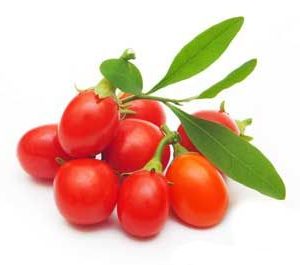
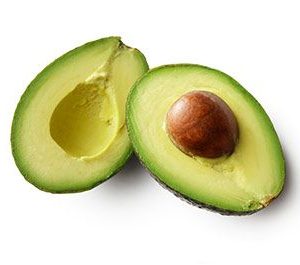
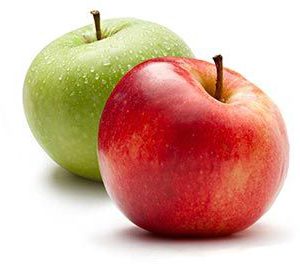
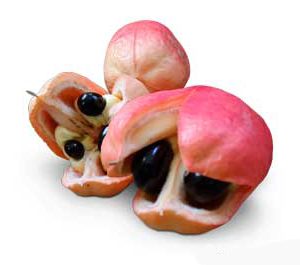
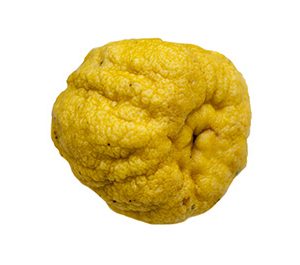
Reviews
There are no reviews yet.